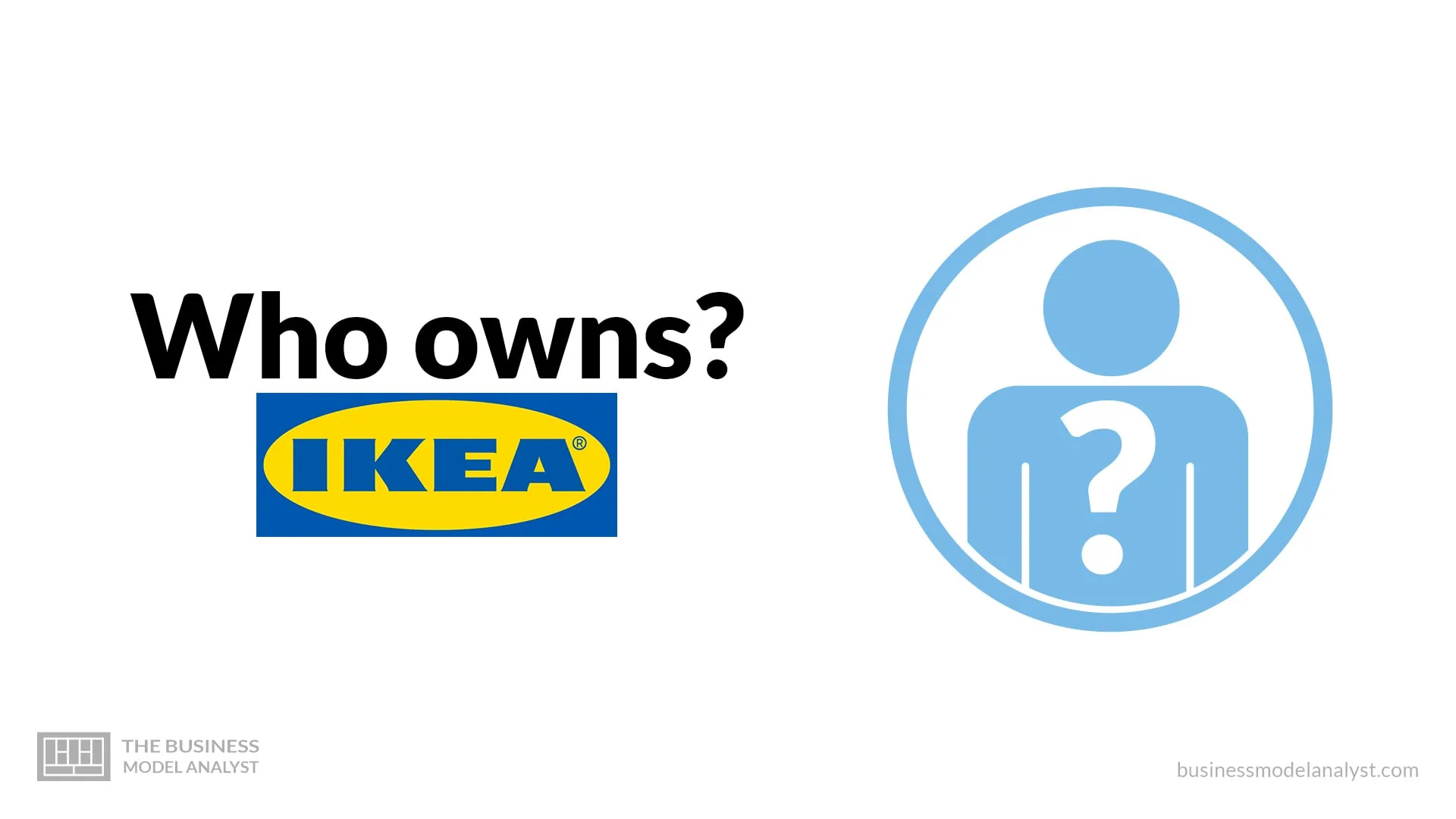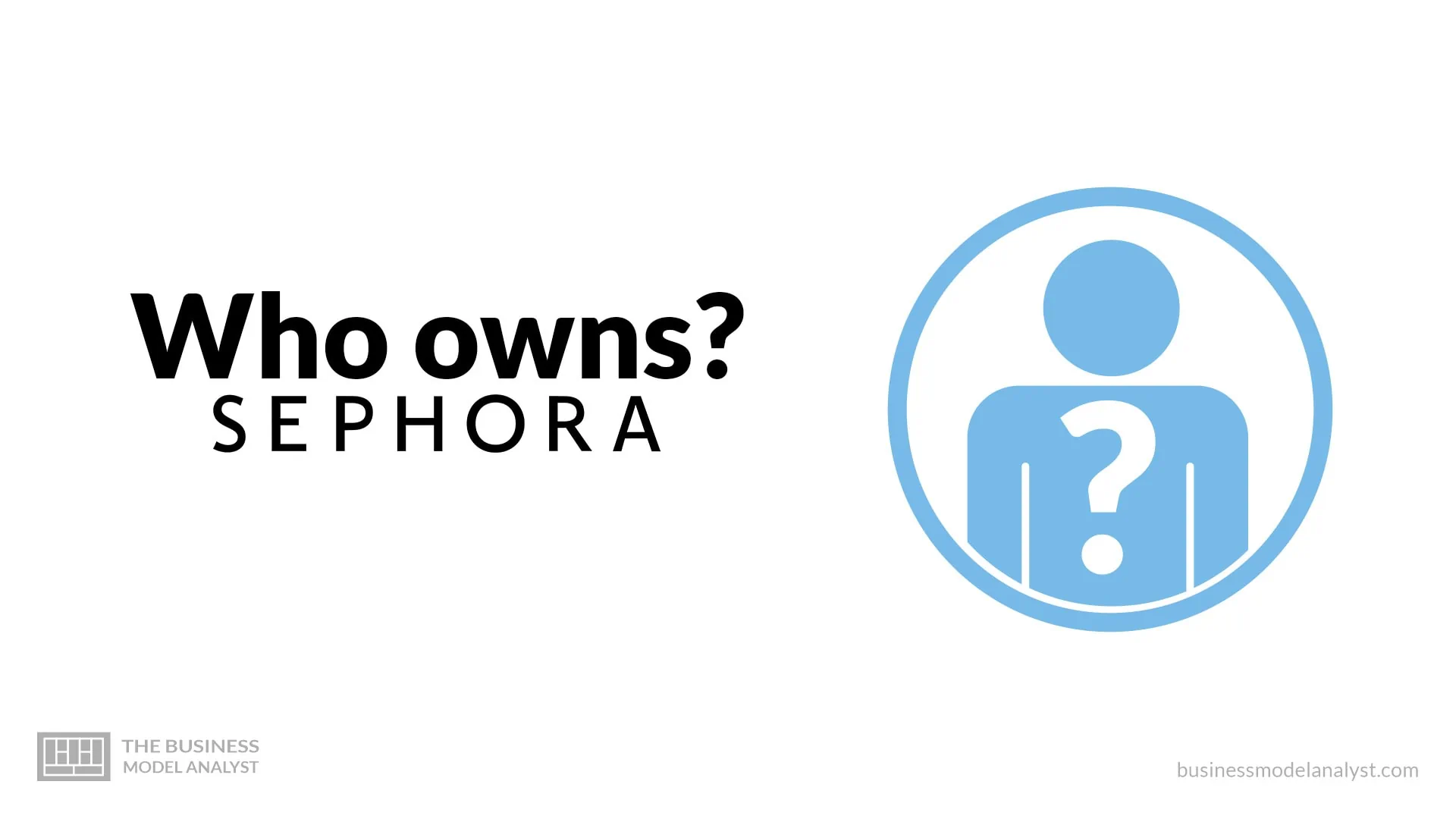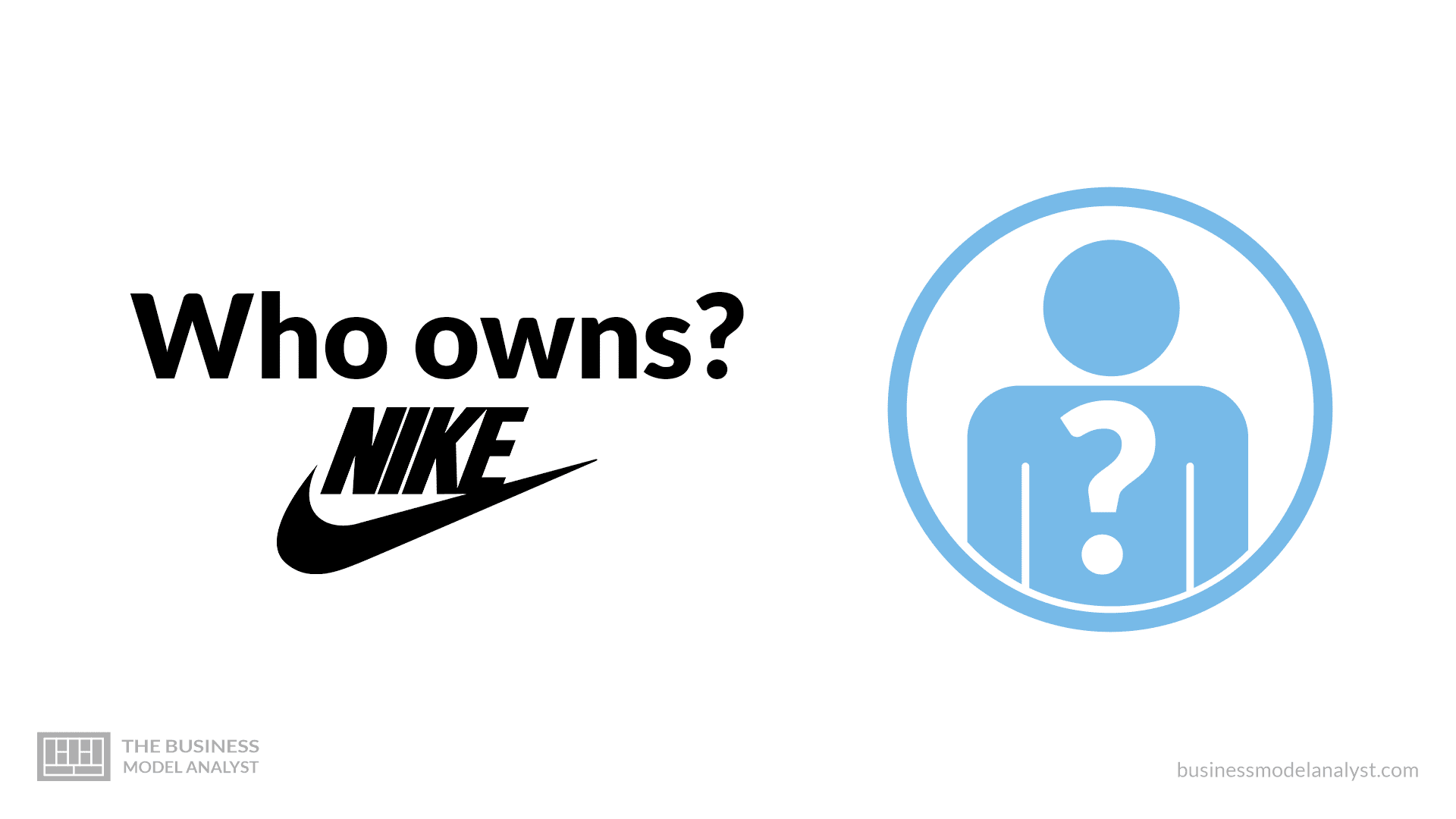Many people wonder about who owns Ciroc, a question that, you know, seems pretty straightforward at first glance. We often think of ownership as a simple concept, something like having a receipt for an item or seeing a name on a deed. Yet, when we really think about what it means to "own" something, the idea can be a bit more involved than just a straightforward transaction. It's almost as if the very word holds many different shades of meaning, depending on how you look at it and what you are talking about.
When someone asks, "who owns Ciroc," they are, like, usually seeking a clear answer about who has the formal claim to it. But the act of owning, or having something that is truly yours, goes a little deeper than just legal paperwork. It can be about a feeling, a deep connection, or even a public declaration. We all have things that are "our own," whether it is a special book or a particular way of doing something, and that feeling is a very personal one.
So, exploring what "owns" truly means can help us think about questions like "who owns Ciroc" in a slightly different way. It’s not just about who bought what, but also about recognition, connection, and even a certain kind of belonging. This exploration might just, you know, shed a new light on how we talk about things that are held by someone or something.
- Aishah Sofey Only Fans.https
- Who Was Chris Cuomo First Wife.https
- King Von Autopsy.https
- Aitana Bonmat%C3%AD Husband.https
- Fox News Sandra Smith Eyes.https
Table of Contents
- What Does It Mean to Truly Own Something?
- How Does "Who Owns Ciroc" Relate to Personal Belongings?
- Acknowledging What Is Yours - The Idea Behind Who Owns Ciroc
- Is There a Difference in Owning Ideas Versus Things?
- Recognizing Authority - A Way to Think About Who Owns Ciroc
- What About Things We've Made Ourselves?
- The Feeling of Something Being "Peculiar" to You"
- A Broader View of What "Owns" Can Mean
What Does It Mean to Truly Own Something?
When we talk about something being "our own," it often points to a special kind of connection. It's not just about having something in your possession, but about a deep, personal link. The word "own" can suggest that you see something as very close to you, almost a part of yourself. For instance, if you say, "that was my own idea," you are basically saying that the thought came directly from you, and it feels, in a way, uniquely yours.
This feeling of something being "your own" can be a powerful one. It's like when you have a favorite mug, you know? It might just be a cup, but because it's "your own," it holds a different kind of value for you. It’s not just any mug; it’s the one that belongs to you, the one you reach for without even thinking. This close connection, this sense of it being tied to you, is a big part of what the word "own" can bring to mind.
So, when people think about who owns Ciroc, they might be looking for that kind of close connection, that feeling of something being truly tied to a specific person or group. It’s more than just a name on a paper; it’s about that personal link, that sense of deep belonging. This is what makes the idea of ownership, well, rather interesting to consider, don't you think?
- Mike Lindell Net Worth.https
- David Muir In Relationship.https
- Rampage Jackson Wife.https
- Jennifer Lopez Pregnant.https
- Kody Brown New Wife Amber Smith.https
How Does "Who Owns Ciroc" Relate to Personal Belongings?
In its simplest form, to own something means that it belongs to you. This can be about anything you possess, from a small item you use every day, like a cooking pot, to something much larger and more grand, such as a very nice house. If something can be bought, then, you know, it can be owned. This is the most common way we think about the word, isn't it? It's about having control over an object because you have acquired it.
We use the word "own" to show that a specific item is linked to a particular person or thing. For example, if you say, "Helen decided I should have my own shop," it means that the shop would be hers, belonging to her specifically. It's about having that individual claim, that personal stake in something. This applies to so many things we come across in our daily lives, like your own car or your own desk.
So, when someone asks about who owns Ciroc, they are often looking for this kind of direct connection. They want to know who has that claim, who has that direct link of possession. It's about identifying the individual or group to whom the brand, in this case, actually belongs. This is the basic, straightforward way we often approach the question of ownership, and it’s a pretty important aspect of how we organize things in the world, you know?
Acknowledging What Is Yours - The Idea Behind Who Owns Ciroc
Beyond simply having something, "owning" can also mean recognizing something as truly yours, especially when you might be expected to keep quiet about it. It's about making a bold declaration, standing up and saying, "This is mine," or "I am connected to this." This is what "avow" means, to openly declare something, even if it feels a little difficult or goes against what others might expect. It's a powerful act of claiming something as your own, not just in private, but for everyone to see.
For instance, the idea of someone acknowledging their child before everyone shows this kind of "owning." It's not just about the biological link; it's about publicly accepting that connection, saying, "This person is mine, and I claim them." This kind of owning goes beyond just holding a title; it's about a public statement of connection and acceptance. It's a declaration that carries a lot of weight, you know, in how people see things.
So, when we consider who owns Ciroc, we might think about who has stepped forward and openly declared their connection to it. Who has, in a way, "avowed" their link to the brand? This aspect of ownership suggests a public recognition, a clear statement of belonging, rather than just a quiet possession. It's about a visible connection, and that is something people often look for when they ask about who has the claim to something like a well-known brand.
Is There a Difference in Owning Ideas Versus Things?
The concept of "owning" isn't limited to physical items you can touch or hold. It also applies to thoughts, plans, and ways of thinking. For example, someone might ask you, "Was that your own idea or did someone suggest it to you?" This question is about whether the thought came from your mind alone, making it truly yours. It’s about the source of the inspiration, and whether it was something you came up with yourself, basically.
This idea extends to personal choices and decisions as well. When you "make up your own mind," you are deciding by yourself, without outside influence. This act of deciding independently means the choice is truly yours, a product of your own thought process. It’s a very personal form of ownership, isn't it? It’s about having a sense of control over your own thoughts and actions.
We see this in phrases like "his own book" or "her own idea." These phrases point to something that is a creation of that person, or a thought that originated with them. It shows a connection that is about authorship or origination, rather than just possession. So, when people ask who owns Ciroc, they might also be wondering about the original vision, the ideas that shaped it, and who truly brought those thoughts to life, you know, in a creative sense.
Recognizing Authority - A Way to Think About Who Owns Ciroc
Sometimes, "owning" something means recognizing that someone has full control, power, or authority over it. It's about acknowledging their right to command or make decisions. For instance, the phrase "They owned the king as their lord" doesn't mean they possessed the king as an object. Instead, it means they recognized the king's ultimate authority and power over them. This is a very different kind of ownership, isn't it?
This kind of "owning" is about accepting someone's rightful place or power. It's about seeing them as having the final say, the ultimate claim to command or direct. It's not about buying something, but about a form of respect and acceptance of a higher standing. This is, you know, a way of acknowledging a kind of dominion that is not about physical possession.
So, when we think about who owns Ciroc, this perspective brings up questions of ultimate authority and control. Who has the final say in how the brand operates? Who holds the highest level of influence and decision-making power? This way of looking at "owns" suggests that it's not just about who has the formal papers, but also about who is recognized as having the true power and direction over the brand's path. It's about who truly governs it, basically.
What About Things We've Made Ourselves?
The word "own" also strongly connects to things we create with our own hands or effort. When someone says, "She makes her own clothes," it highlights that the clothing is a product of her personal work and skill. It emphasizes that these items are not bought from a store, but are uniquely hers because she put the effort into making them. This kind of ownership carries a special sense of pride, doesn't it?
This idea extends to situations where people are taught to handle things for themselves. For example, a group of people might be taught to "change their own" something, meaning they learn to perform a task themselves rather than relying on others. This shows a kind of self-reliance, where the action or the result becomes "their own" through their personal involvement. It's about having the ability and the will to do things for yourself, you know?
While the text mentions that "if something can be bought, it can" be owned, there's a distinct feeling of ownership that comes from creation. When you've poured your effort into something, it feels more intimately yours. So, when people ask who owns Ciroc, they might also be thinking about the people who originally crafted its concept, who built it from the ground up, and who continue to shape it with their personal touch. It’s about the people whose efforts are, in a way, woven into the very fabric of the brand.
The Feeling of Something Being "Peculiar" to You
There's a sense of "own" that means something is special or unique to you, something that truly belongs to you in a very personal way. It's about something being "peculiar to oneself or itself." This doesn't mean strange, but rather distinct or characteristic of that person or thing. For instance, "his own book" or "her own idea" suggests a particular connection that makes it stand out as uniquely theirs. It’s a very personal mark, isn't it?
This idea also comes up when we talk about something that "belongs to oneself." For example, if someone says, "The car is his own," it means that particular vehicle is his, and it's recognized as such. It's not just any car; it's *his* car, with that specific connection to him. This sense of belonging goes beyond a general category; it points to a specific, individual link. It’s about that special bond between a person and an item, basically.
So, when people wonder about who owns Ciroc, they might also be looking for this kind of "peculiar" connection. Who is it that truly has that unique, defining link to the brand? Who is it that, in a way, embodies Ciroc, making it distinctively theirs? This aspect of ownership is about a deep, personal identification, where the thing and the owner feel, you know, almost inseparable in how they are seen.
A Broader View of What "Owns" Can Mean
The word "owns" truly has many different facets, far more than just a single definition. It can be used in so many ways to describe various kinds of possession, connection, and acknowledgment. The English language, you know, allows for a great deal of flexibility in how we use this word, letting it describe everything from a simple object you bought to a deep, personal declaration or a recognition of someone's authority. It's quite a versatile word, when you think about it.
We've looked at how "owns" can mean acknowledging something as close to you, or boldly declaring a connection. We've seen it describe simply having something because it belongs to you, and how it can also refer to recognizing someone's full power or control. There's also the sense of owning your own ideas or creations, and that special feeling of something being uniquely "peculiar" to you. All these different uses show just how rich the word can be.
So, when you hear the question "who owns Ciroc," it's not just a simple query about a single owner. It's a chance to think about all the different ways that "ownership" can be understood. It can make you consider who has the formal claim, who publicly identifies with it, who has the ultimate authority, or even who poured their own creative spirit into it. It really shows how complex even a seemingly straightforward question can be, doesn't it?
- Masa49com.https
- Cameron Diaz And P Diddy.https
- Emilia Clarke Husband.https
- Bollyflix Official Website
- Is Will Smith Alive.https


